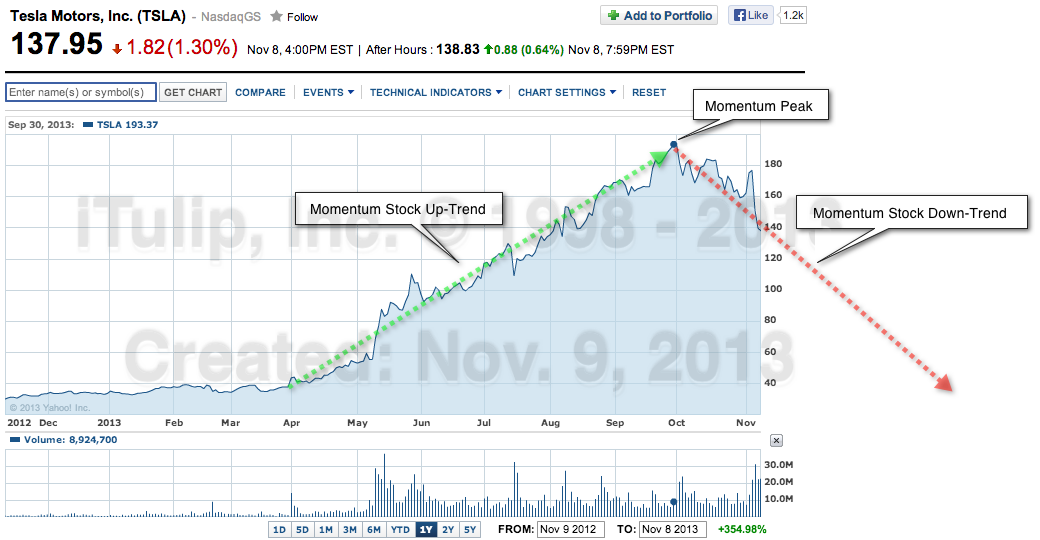Re: Cars burning
I'm no electrical engineer guru......but I think it's like when you put a coin across the top of a 9V battery where it gets hot.
I think with lithium batteries is the battery is compromised and the positive/negative electrodes come into contact they generate heat.....and it can cascade across the rest of the battery pack.
Feel free to correct/elaborate if my explanation/understanding is weak.
Originally posted by shiny!
View Post
I think with lithium batteries is the battery is compromised and the positive/negative electrodes come into contact they generate heat.....and it can cascade across the rest of the battery pack.
Feel free to correct/elaborate if my explanation/understanding is weak.


Comment